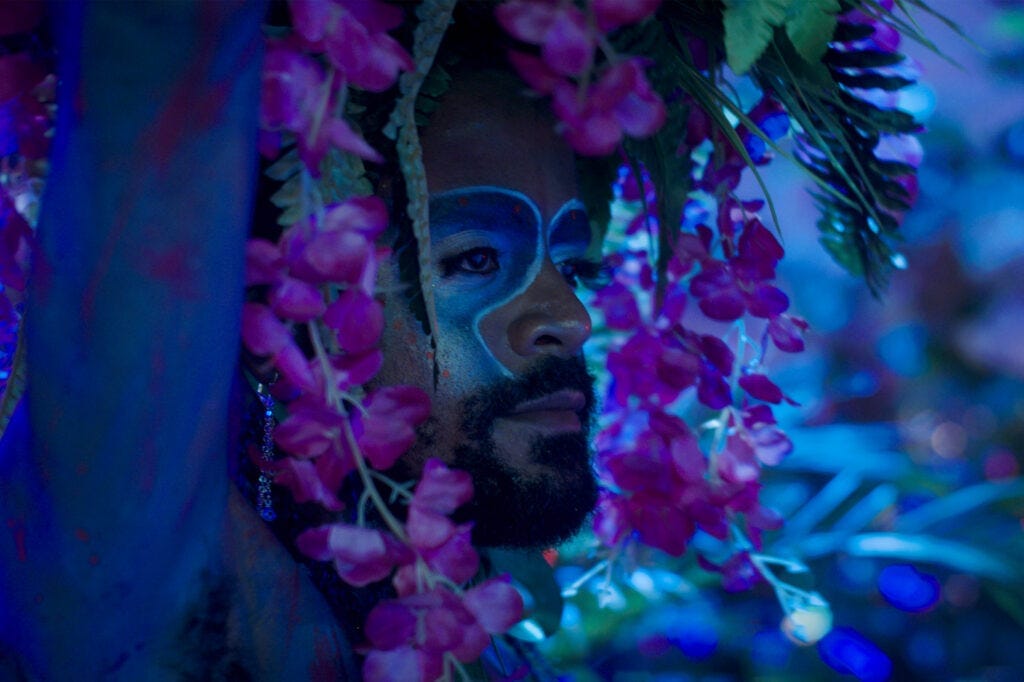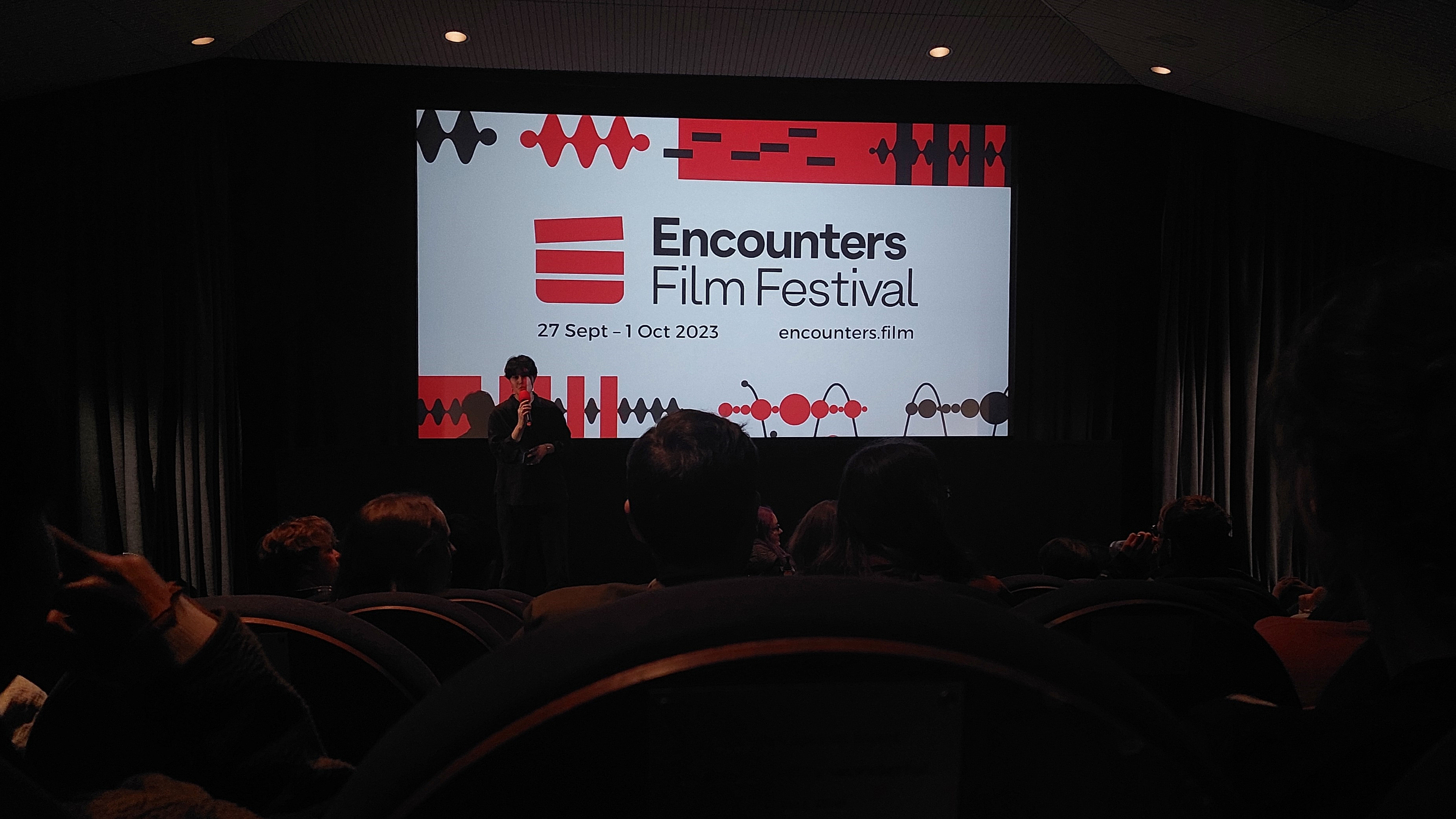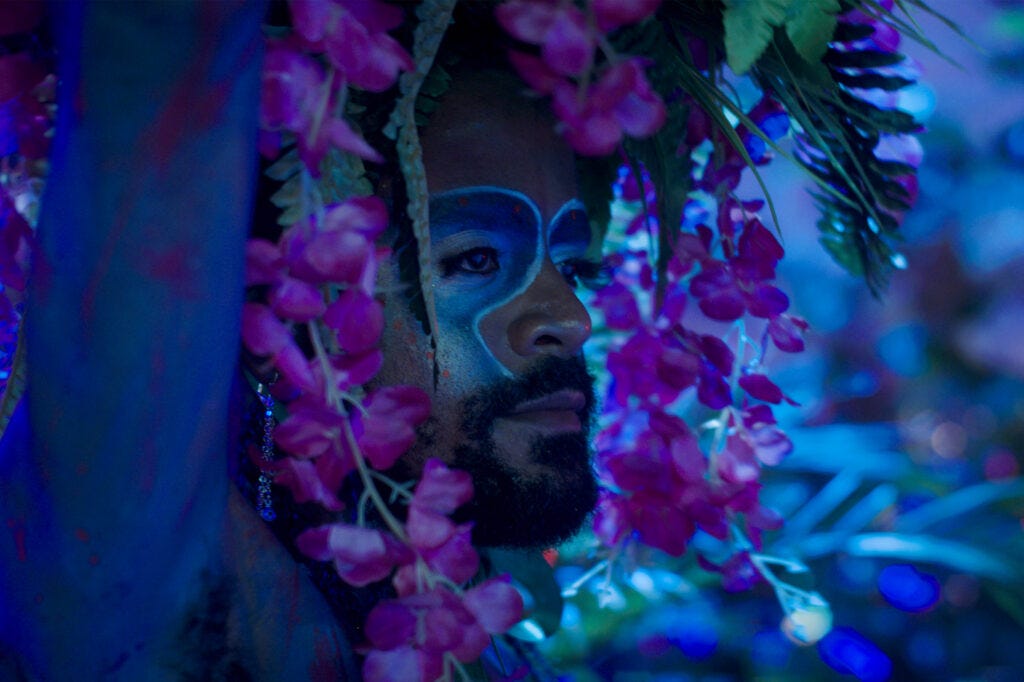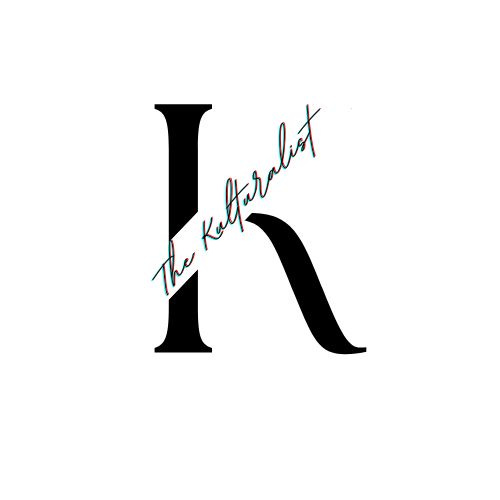Humanity in crisis
The urgency of short films

Short films are on the pulse of contemporary human concerns in a way that’s rare in mainstream cinema.
Despite their usually limited resources when it comes to shorts, filmmakers capture the urgency of issues that have thrown us into a state of human crisis: the rapid advancement of technology alongside the rapid deterioration of the earth, the expression of identity alongside the loss of it, and how we find our place amongst it all.

Over the last four days of September, I had the joy of volunteering at the Encounters Short Film Festival in Bristol. In between shifts, I popped into whatever was screening at the time and watched some brilliant, boundary-pushing, and challenging work from emerging filmmakers.
Unsurprising perhaps were the themes that ran across many of the stories selected for the festival. The films tackled topics from technology and environmentalism to identity and devastation. But, most importantly, they explored the intersectional nature of these subjects that typically goes unrecognised.
In Jorge Cadena’s Flores del Otro Patio, queer and indigenous identities go hand in hand with environmental activism in the Colombian Caribbean. While Strangers in the Dark by Perttu Inkilä and Jenni Pystynen reveals what a life-threatening impact ubiquitous artificial light has on glowworms. The common thread between these stories is found not only in their individual themes but also in their pointing towards the real problem.

As humans, we don’t need an asteroid to crash into Earth or an alien invasion to endanger the survival of our species. We’ve proven to ourselves that we’re more than capable of hurling humanity into a state of uncontrollable crisis entirely on our own.
A short called Lake of Fire by NEOZOON captures this human crisis by juxtaposing religious preaching about being saved from the fiery depths of hell with images of the literal fiery hell we’ve created for ourselves on Earth already. Another depiction of this turmoil is in the desktop film The Ghost from Mariupol by Marie Chemin, which is a digital journey through Mariupol on Google Street View that follows an unidentifiable man’s day-to-day life in the months leading up to the 2022 siege of Mariupol.
Although the focus on matters such as war, climate crises, and the inescapable evolution of technology can be dismal, showcasing these kinds of stories is a testament to cinema’s ability to spark communal gatherings of people from across the world who are open and ready to be challenged by the realities that face humankind.
If you’ve found value, joy, or comfort in The Kulturalist, consider clicking the button below to support my work. Your generosity keeps the words flowing. Thank you for being here!
If you enjoyed reading this, you might like this post about the state of our private lives in the age of digital media:







